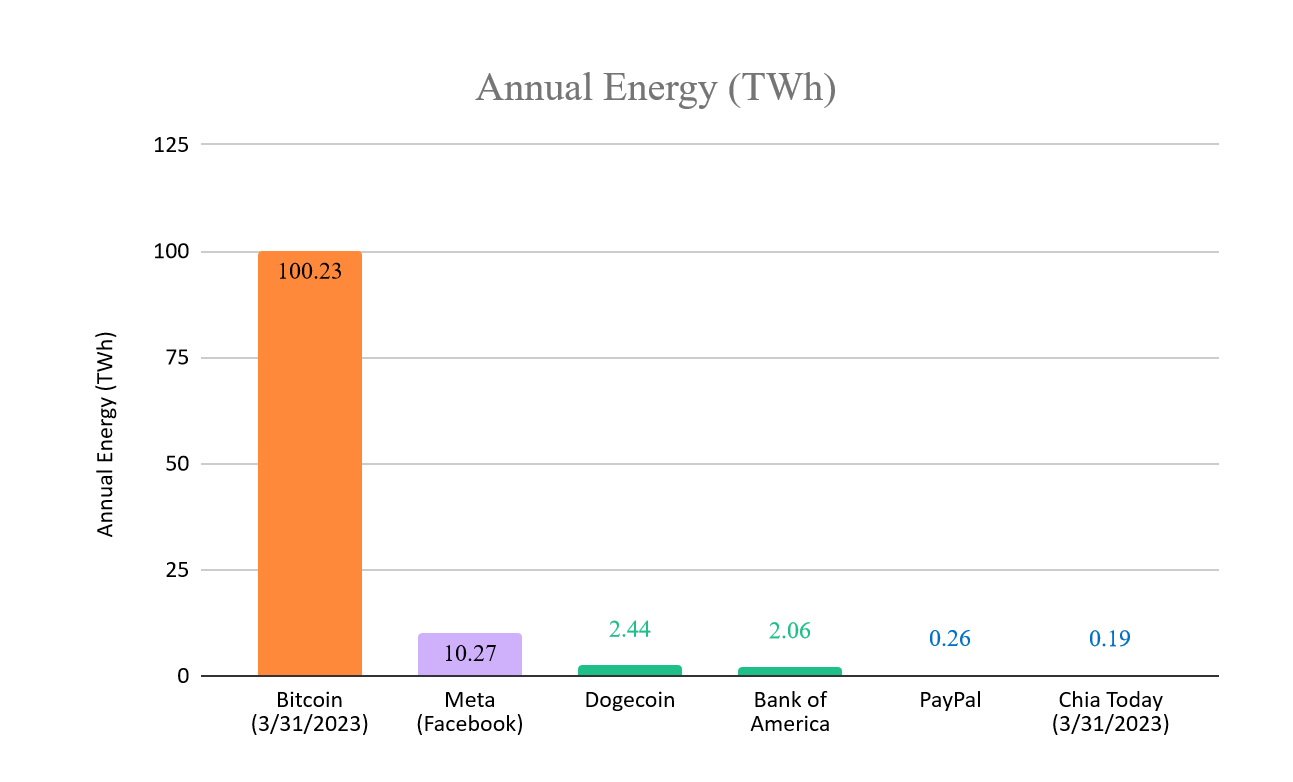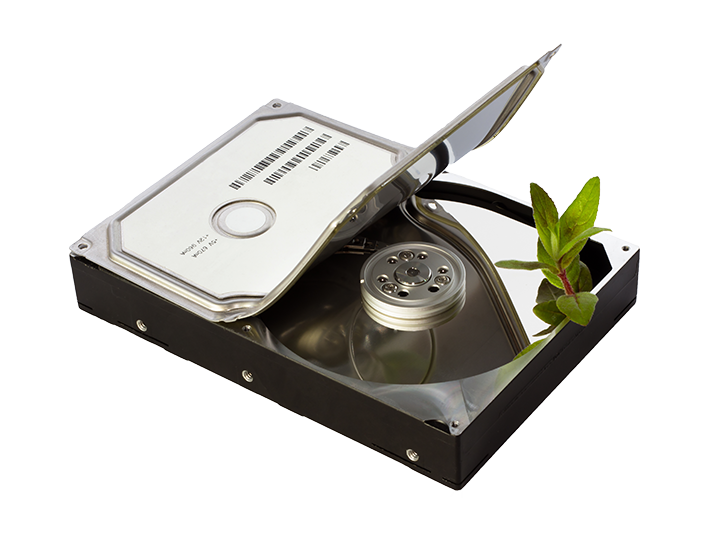Our Sustainable Technology Reduces Our Blockchain’s Environmental Impact.
Chia designed a more sustainable blockchain, offering globally-inclusive access to those farming—Chia blockchain’s version of mining—and to the broader financial system. We’re powering enterprise and multilateral efforts to drive investment in sustainability, leveraging the strengths of our inherently low power and reusable resource-based consensus mechanism. Contact our team at [email protected] to learn more.
PoST consensus: green like PoS, secure like PoW
We leveraged learnings from the early entrants into the blockchain and cryptocurrency space to invent a new consensus mechanism, Proof of Space Time (PoST), which utilizes hard drives and storage rather than single-use, power-hungry compute hardware. PoST reduces the ecological impact of blockchain technology while enabling a secure consensus mechanism that does not rely on the constant processing power demanded by validators (the primary example being Proof of Work, e.g. Bitcoin).
Chia’s sustainable technology
Power Consumption
We built an entirely novel consensus mechanism, PoST, to address the energy challenges presented by the industry – while simultaneously maintaining the highest degree of network security. With Chia, most of the work is done upfront and only once in a process called Plotting. The computing power used by plotting is minimal, accounting for less than 1% of the total energy cost over a five-year TCO model.
The ongoing power demand is minor compared to Proof-of-Work, using only the energy required to maintain a hard drive idling 99.75% of the time (Source: Western Digital, Seagate, Chia). Power usage of the entire Chia network of farmers is estimated to be less than 1% of the power used by Bitcoin (chiapower.org), and each transaction on the Chia blockchain has a footprint of 0.01% compared to Bitcoin – with the growing adoption of SSDs reducing power consumption further.

Circularity
Circular business models are critical in achieving a sustainable future, eliminating waste, and keeping materials in use at high value across multiple cycles and long periods of time. Chia farming is an extremely light workload, optimized for used storage, and will drive circular business models for hard drives, reducing e-waste, and greenhouse gas emissions, and returning failed drives to the manufacturer for full component and rare earth material recovery.
Underutilized Commodity
Storage capacity is a widely available, highly scalable, and underutilized commodity. We believe that the nature of competitive farming markets will lead to a large amount of the Chia Netspace on underutilized and reused (circular) hardware.
One-third of all the storage on earth (9.4 zettabytes in 2022) is underutilized and not storing user data (IDC Worldwide Global StorageSphere Forecast). Consumers, on average, only use 25% of their external storage devices (ex. USB, backup) and desktop storage. Chia takes advantage of this underutilized storage space to secure the network at a marginal cost to consumers and enterprises as they already own the storage assets.
Millions of Usable Hard Drives are Destroyed
Storage devices are typically sold with a five-year warranty, and large data centers retire them when the warranty expires. Drives that store less sensitive data are spared, but the CDI estimates that 90% of hard drives are destroyed when they are removed. Rather than simply destroying and throwing away the material, data sanitization followed by reselling should be the standard.
Creating a Sustainable, Circular Economy for Storage
Chia partnered with William McDonough, Seagate, and Western Digital to launch the Circular Drive Initiative to enable secure second-use for drives and reduce e-waste – optimizing the supply and value chain, and driving a sustainable, circular economy for storage reuse.

Working in partnership with Chia Network, Horizon Technology is providing great prices on orders for re-certified high-capacity Seagate drives. These are ideal drives to help start and scale farms, our equivalent to mining.